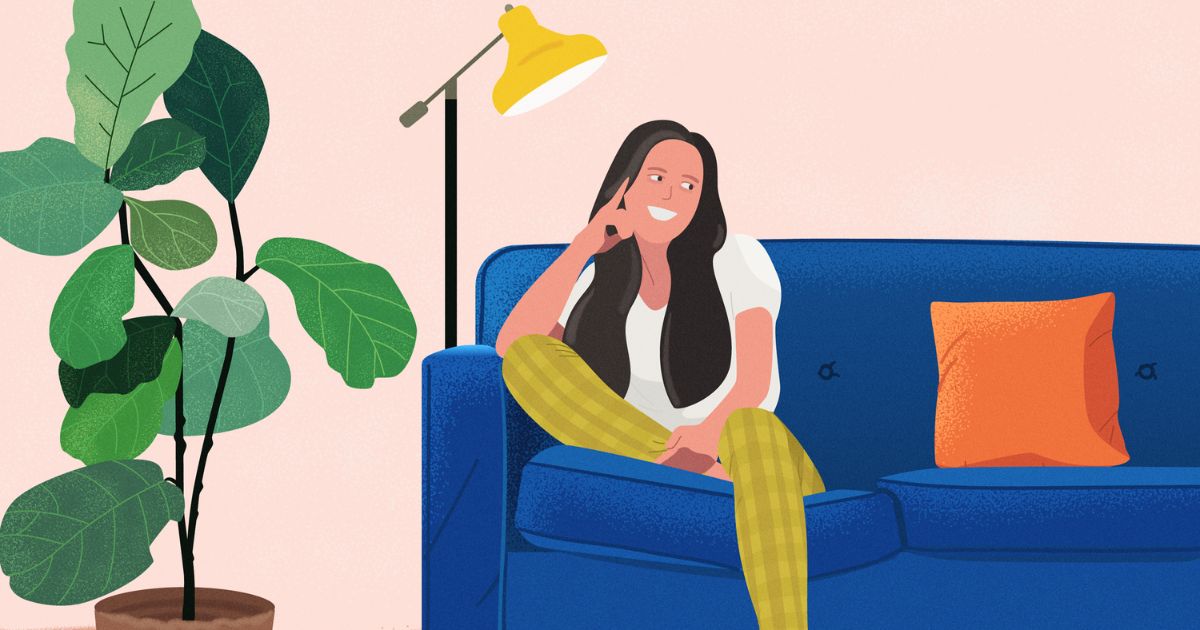Antidote to the Hustle of Modern Life
There is a new thing that is emerging because people are too much occupied with the need for success and various responsibilities.
Niksen is the name of this trend, borrowed from Dutch meaning ‘doing nothing’. This practice flies in face of today’s fast paced world.
It urges one to embrace purposelessness and idleness as virtues hence rebuking the contemporary culture that glorifies busyness.
Origins and Essence of Niksen
The culture of the Netherlands has its roots in the term “niks” which means “nothing” in Dutch.
This special idea is part of broader societal trends promoting wellness, graceful living and moderation.
Niksen takes a different standpoint from the common celebration of endless action; elicits worth on recharging as well as recalibration.
Well-being expert Jeanne Nangle asserts that Niksen doesn’t mean being apathetic or postponing things.
Rather, it includes basking in leisurely moments and stillness—thereby influencing how people conceive life’s beats.
Embracing Purposeless Inactivity
Niksen differs greatly from structured pauses or the pursuit of specific goals. Instead of sticking to routines or aiming for particular results, it encourages a state of aimless, unguided relaxation.
In this practice, the mind is allowed to wander without any intentions. This can be shown by simple acts such as staring out of a window, enjoying nature’s beauty or going into moments of reverie.
According to Lynnette Price, a certified hypnotherapist, central to Niksen is its absence of deliberate productivity during these breaks.
It means releasing any preconceived notions about success or concrete results and allowing leisure and a wandering mind experience.
The Benefits of Niksen
1. Stress and Anxiety Reduction
Many professionals agree that Niksen can be an excellent way to relieve stress. People can truly relax by not being trapped in the eternal rut of doing.
Marissa Alert, a licensed clinical psychologist points out that this intentional relaxation response results in lowered levels of stress hormones.
It also creates a state of peace that strengthens one’s ability to bounce back after stressful events.
2. Addressing Anxiety Through Behavioral Exposure
Niksen, according to Chandler Chang, a psychologist, is one kind of behavioral exposure therapy used to challenge anxiety-driven actions.
He indicates that the deliberate inactivity which results in an apparent unproductive state in people dealing with anxiety is a key gateway to more happiness and better concentration.
He further explains that avoiding compulsive behaviors induced by anxiety can effectively contribute to an elevated sense of well-being and a clearer mind.
3. Optimal Brain Health and Creativity Boost
Niksen does not only provide relaxation but also enhances brain function. Lynnette Price explains how idleness activates the default mode network (DMN) in the brain which is linked with self-reflection and information integration.
By allowing your mind to wander aimlessly it encourages creativity and problem-solving abilities.
Research shows that this unfocused state of awareness enhances neural plasticity, which is crucial for the adaptability and innovation potential of the brain.
Dr. Cassandra Boduch points out how Niksen resets the mind, enhancing concentration upon return to work.
In conclusion, a society that valorizes busyness and constant activity, Niksen emerges as a reflection of balance – a reminder that inactivity can sometimes be the most productive thing to do.
Amidst stress and burnout that cut across various professions, adopting purposeless inactivity may be what saves someone’s life for posterity in terms of mental wellbeing or physical health.
When we allow ourselves to be idle, we become more creative, our problem-solving abilities improve, and our minds become sharper and more focused.
Maybe it is a case where “doing nothing” is what you have been missing for all these whiles, while you sought after new year’s resolutions or made ambitious goals for yourself.




























